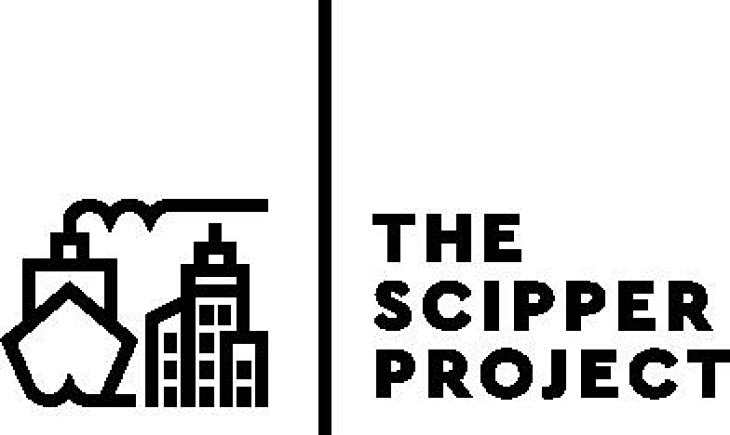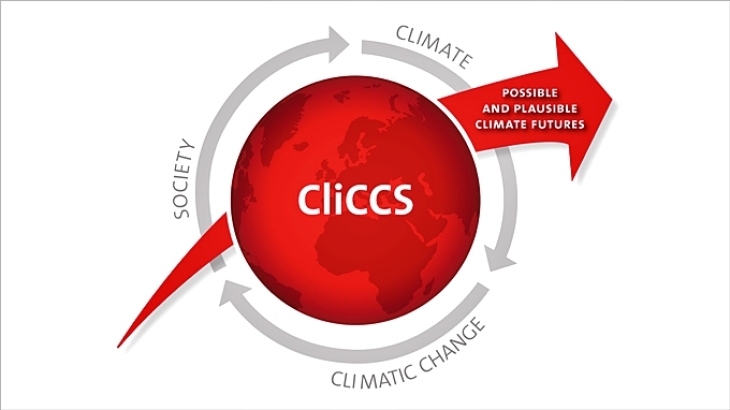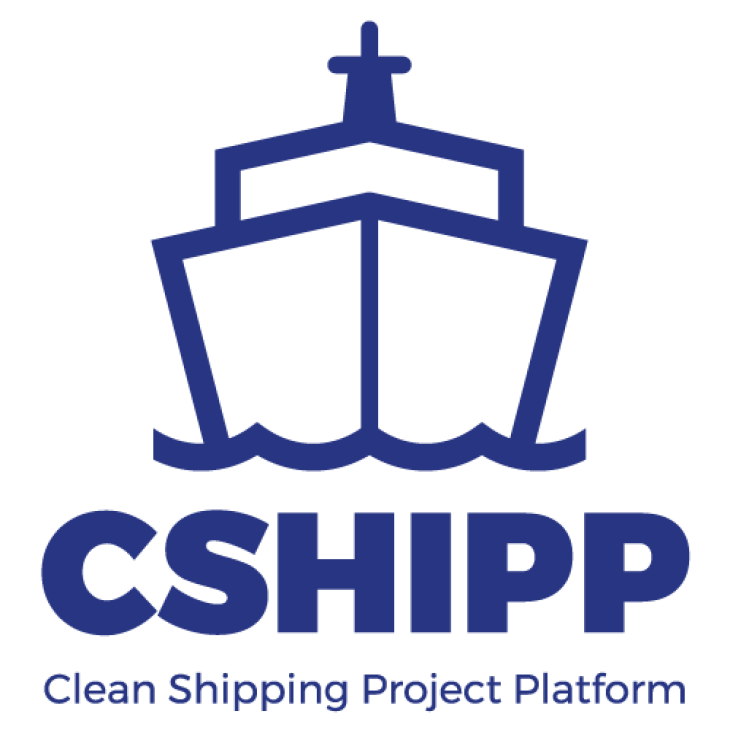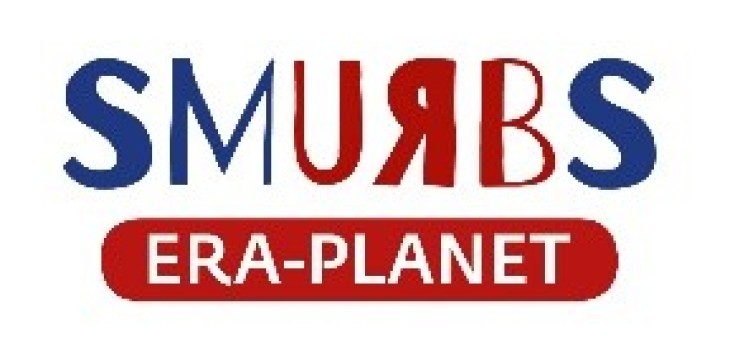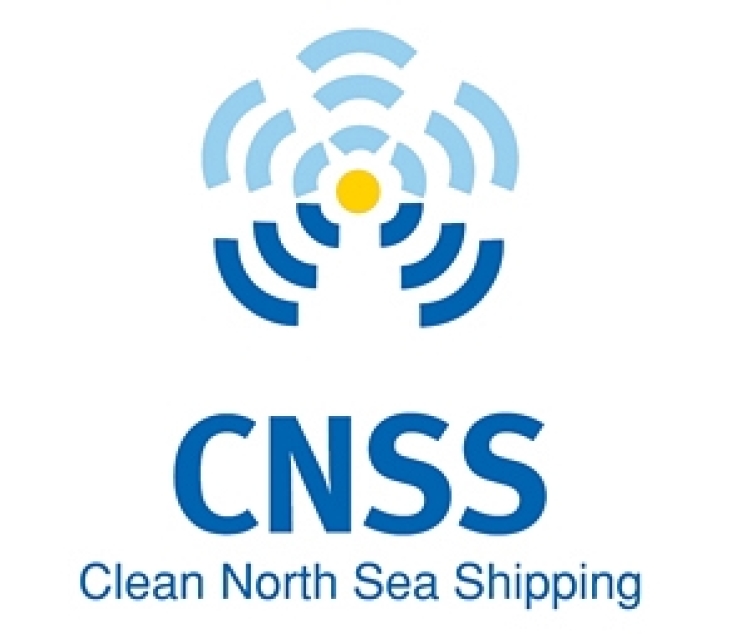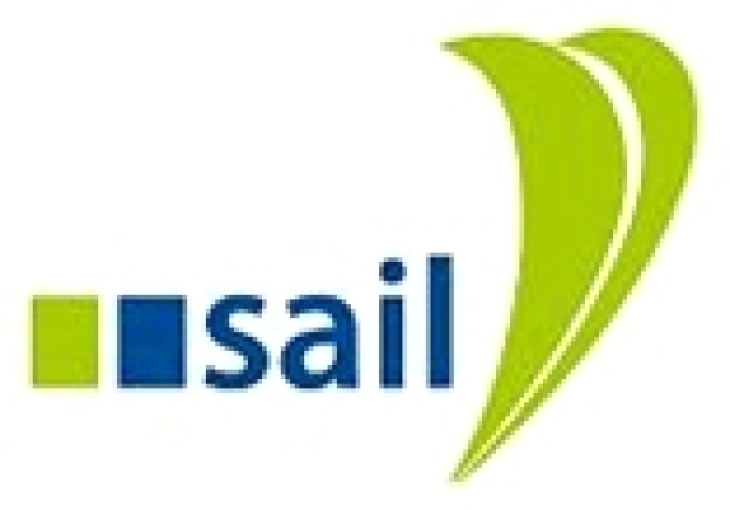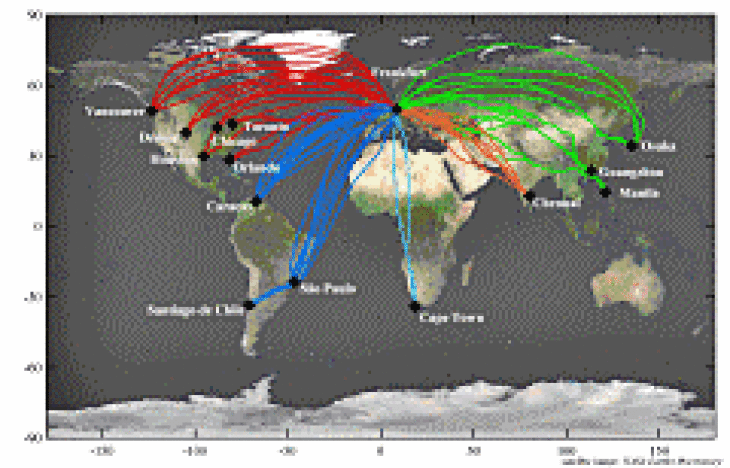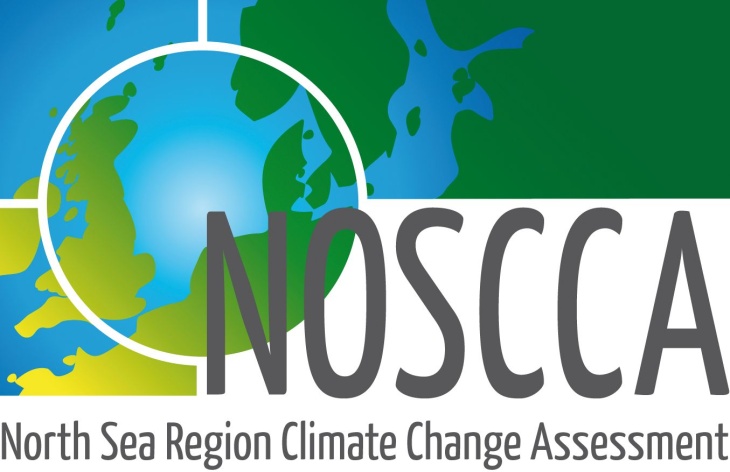Current Projects
SCIPPER: Shipping Contributions to Inland Pollution – Push for the Enforcement of Regulations
SCIPPER is a EU funded research project within the Horizon 2020 framework program. In includes 18 partners from research, authorities and industry coming from 8 European countries and China. Goals of the project are to
provide evidence on the performance and capacity of different techniques for shipping emissions monitoring and to assess the impacts of shipping emissions on air quality, under different regulatory enforcement scenarios.
In detail, the objectives are:
• Deploy state-of-art and innovative techniques for shipping emissions monitoring in actual real-world measurement campaigns
• Assess the potential of different techniques for cost-effective enforcement of shipping related emissions legislation
• Enhance methods and tools to better quantify the impact of shipping to air quality, to assist spatial planners and policy makers
• Address current and expected future gaps in policy and environmental regulations enforcement
SCIPPER: Shipping Contributions to Inland Pollution – Push for the Enforcement of Regulations
Excellenzcluster Climate, Climatic Change, and Society (CliCCS)
In January 2019 the cluster of excellence “Climate, Climate Change, and Society” took up its work. It is funded through the excellence initiative via the German Research foundation and involves many research groups from the Universität Hamburg, the Max-Planck-Institute for Meteorology, Helmholtz-Zentrum Hereon. CLICCS will explore climate change with broad expertise. CLICCS will investigate how the climate changes and how society changes with it, thereby feeding back on climate. The CLICCS central research question: Which climate futures are possible and which are plausible?
Within CLICCS we are involved in research theme C1. The core contribution of C1 to the overarching CLICCS research goal is the development and assessment of sustainable adaptation scenarios for urban areas. For this C1 focuses on the urban system as a whole, involving a complex analysis of metabolic and anthropogenic structures, their interactions and dynamics. To this end the project investigates climate-induced stressors resulting from the four dimensions of water, ground water rise, storm surges, riverine flooding, and precipitation-induced flash floods, in their interaction with urban societies’ vulnerability and risk perception, the institutional conditions and adaptation governance. In this context our research is devoted to the influence of urban pollution (particles, mainly from traffic) on precipitation development in the vicinity of the cities.
CLiCCS Website
CLiCCS Research Theme C1
CSHIPP: Clean Shipping Project Platform
CSHIPP is funded as a platform project within the Interreg Baltic Sea Region program. It is based on 7 running or completed Interreg or BONUS projects in the Baltic Sea region. All of these projects are dealing with clean shipping and the impact of shipping on the environment. In total, the project comprises 14 partners from 8 countries as well 13 associated partners.
CSHIPP brings together several projects and organisations focused on promoting and developing clean shipping in the Baltic Sea region. By synthesizing the projects’ results CSHIPP is able to provide a more comprehensive perspective on clean shipping. Showcasing the results of several projects provides a fertile ground for new ideas for sustainable shipping in the Baltic Sea region.
CSHIPP: Clean Shipping Project Platform
CLINSH - Clean Inland Shipping
CLINSH is an international project funded by the EU LIFE program. Its main goal is to evaluate technical measures for exhaust gas cleaning with respect to their ecologic and economic efficiency. 17 Partners, comprising research institutes, authorities and industries from the Netherlands, Belgium, UK and Germany collaborate in this project.
Over a two-year period 40 vessels are equipped with sensors that continually measure NOx emissions and engine parameters during the normal operation of the vessels. This fleet contains both vessels with conventional engines and engines equipped with exhaust gas cleaning technology, some of the vessels will even be retrofitted during the measurement period.
By means of computational modeling the insights from the measurement campaign will be extrapolated to the entire fleet sailing on the riverine systems of the Rhine/Waal, Schelde and Meuse between Antwerp, Rotterdam and Düsseldorf. Modeling also allows to investigate future scenarios and evaluate the influence of possible political measures on air quality in these densely populated regions.
CLINSH - Clean Inland Shipping
SMURBS – Smart Urban Solutions
Smart Urban Solutions (SMURBS) is a transnational project under the EU Horizon 2020 Framework Programme. SMURBS addresses the ERA-PLANET thematic areas “Smart cities and resilient societies”.
The ultimate goal of SMURBS is to promote and coordinate the "smart‐city" approach into a European network of cities, serving the need for a common approach to enhance environmental and societal resilience to urban pollution, natural/manmade disasters and uncontrolled city growth. SMURBS sets the stage for integration of the still fragmented, multi‐scale and multi‐temporal Earth Observation (EO) resources, into information and decision making tools for individuals and local governments, in support of GEOSS and the Sustainable Development Goals (SDGs).
In the topical area of air quality, SMURBS unfold the full range of technologically available methods for the next generation of urban monitoring capacities, pollutants of emerging importance and high resolution city-scale modeling, adjusted to modern needs of AQ management.
Targeted activities include for example:
• Integrate existing or new EO platforms for air pollution into a smart city framework
• Empower citizens by triggering their involvement and environmental awareness and cultivate Smart Citizens
• Utilize the potential of Copernicus in EO solutions for urban pressures, such as land use information and atmospheric monitoring services
• Provide to relevant stakeholders robust and comprehensive smart urban solutions, e.g. Decision Support Systems (DSS) and timely, open access datasets
• Engage city authorities to take up and build upon SMURBS solutions, during and after project lifetime.
SMURBS – Smart Urban Solutions
Finished Projects
CNSS - Clean North Sea Shipping
Clean North Sea Shipping (CNSS) is an INTERREG IVB project. Partners are harbours, cities, administrations and scientists from 6 North Sea riparian states. CNSS aims at contributing to the reduction of air pollution by ship emissions in the North Sea region. Clean Shipping Technologies, e.g. the use of liquified natural gas (LNG) as ship fuel and cold ironing will be promoted by the project.
Political and strategic processes will be supported by the development of a Clean Shipping Strategy at EU, national and regional level. Basis for this strategic development are among others the following activities:
• Creation of a detailed emission inventory to determine the contribution of ship traffic to air pollution in coastal regions and harbors
• Determination of concentrations of important air pollutants by observations and regional chemistry transport modeling
• Evaluation of different emission reduction scenarios with respect to the air pollutant concentrations by means of numerical modeling
• Analysis of all technological options (state of development, possibilities to be realized, costs) and incentive systems to promote their application
• Development of business concepts for Clean Shipping Technologies
• Supervision and evaluation of concrete show cases
CNSS - Clean North Sea Shipping
SAIL
More than 90 % of the global freight volume is transported by ships. Increasing prices for ship fuels and the necessity to reduce harmful emissions make alternative propulsion systems for sea going ships economically interesting. In SAIL scenarios for new, competitive hybrid propulsion systems, which combine conventional propulsion with available sailing technologies, are developed.
Conceptual studies for the technical realization of ships with hybrid propulsion systems are combined with an analysis of wind availability to develop scenarios for their future use. Business concepts are worked out for potential investors and users in the maritime partnership. Policy and authorities are assisted by investigating the potential reduction of air pollution due to certain activities and by analysing incentive measures could be supported.
SAIL is an INTERREG IVB North Sea region project that is funded by the European Regional Development Fund (ERDF) from 2012-2015. It includes 17 partners from 7 countries.
Projekt SAIL
SHEBA - Sustainable Shipping and Environment of the Baltic Sea region
The BONUS project SHEBA brought together lead experts from the fields of ship emissions, atmospheric, acoustic and oceanic modelling, atmospheric and marine chemistry, marine ecology, environmental economics, social sciences, logistics and environmental law in order to provide an integrated and in-depth analysis of the ecological, economic and social impacts of shipping in the Baltic Sea and to support development of the related policies on EU, Baltic Sea region, national and local levels.
The project analysed the drivers for shipping, obtained the present and future traffic volumes and calculated a set of scenarios which fed into calculations of emissions to water, to air, and of underwater noise using and extending the currently most advanced emission model based on Automatic Identification System (AIS) ship movement data.
SHEBA provided an integrated (ecological, economic, and social) assessment of policy options to mitigate pressures linked to shipping, quantifying as far as possible anticipated changes in ecosystem services (compared to an established baseline). We contributed to the project by atmospheric chemistry transport modelling of the fate of ship emissions and the coordination of dissemination and stakeholder involvement.
SHEBA Website
SHEBA information portal
GMOS - Global Mercury Observation System
The overall goal of GMOS is to develop a coordinated global observation system for mercury able to provide temporal and spatial distributions of mercury concentrations in ambient air and precipitation over land and over surface waters at different altitudes and latitudes around the world. The observation system is complemented by global and regional models that fill gaps between observation sites in order to provide a complete picture of mercury in the environment. Models help to understand the global transport and fate of mercury and the continuous cycling between different compartments of the Earth system.
GMOS is a FP7 research project (2010 – 2015) with 24 partners from 20 different countries distributed over the entire globe. Hereon scientists from the department for environmental chemistry and the chemistry transport modelling group work together in this project.
GMOS - Global Mercury Observation System
MeSMarT
MeSMarT (Messungen von Schiffsemissionen in der marinen Tropophäre) investigates ship emissions, their transport and their chemical transformation in the North Sea region. Advanced remote sensing techniques using satellites and MAX-DOAS systems are combined with ship-borne observations of emission plumes from ships. A detailed modelling of the ship emissions and the subsequent application of a chemistry transport model system allows the investigation of the impact of the emissions on the coastal environment and the North Sea.
The project partners in this three-years project are the Bundesamt für Seeschifffahrt und Hydrographie, the Institut für Umweltphysik, Universität Bremen and the chemistry transport modelling group from Hereon.
NOSCCA - North Sea Region Climate Change Assessment
NOSCCA is an international initiative launched out of the scientific community to compile a comprehensive interdisciplinary and transdisciplinary assessment of the present scientific knowledge about all aspects of past, ongoing and future climate change in the greater North Sea region. Also changes in relevant environmental and socio-economic systems, due to climate change, will be considered.
NOSCCA - North Sea Region Climate Change Assessment

